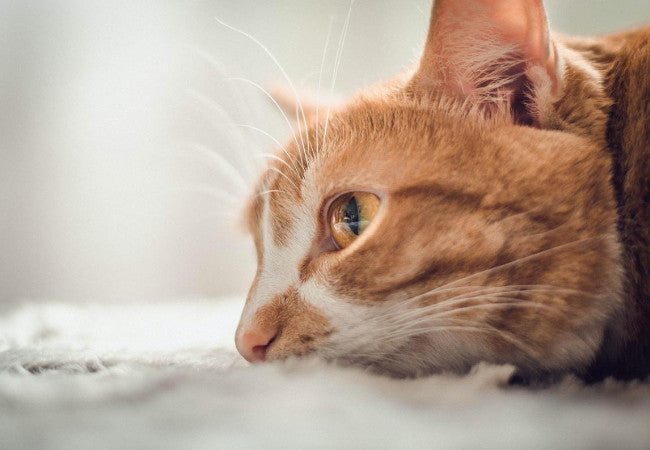If your cats have separation anxiety, you may notice some behavioural changes. Watch for the following signs:
- Excessive vocalisation (crying, moaning, meowing)
- Excessive self-grooming
- Destructive behaviour
- House-soiling
- Not eating or drinking
- Vomiting and diarrhoea
- Isolation
How to help ease your cats' separation anxiety:
Create a routine. Leave and return at the same time every day.
Keep a departure low-key. In other words, do not overdo the goodbye process. It is best that you do not talk to your cats as you are leaving. Get ready, gather your things, and calmly walk out the door.
Leave your cats a challenge. This helps them associate your departure with something they enjoy. Create a scavenger hunt for your cats by hiding small pieces of food around your house, such as on perches and cat trees.
Provide a wide variety of toys. Keep them busy with mice or interactive toys. Catnip-filled toys may have the added bonus of helping your cats relax.
Incorporate perching areas. Cats enjoy exploring vertical spaces from which to view the outside world. Window perches, cat trees and cat-friendly shelving are ideal ways to vary your cats' environment. For cats that enjoy hiding, boxes and tunnels can be soothing areas to relax.
Create a calm atmosphere. A worn t-shirt or other pieces of clothing or bedding that carry your smell can be placed in your cats' resting areas to help provide comfort.
Provide entertainment. Whether playing music or an audiobook or putting on a TV show, this can help give your cats some engagement and distraction. In addition, hearing a human voice can make them feel less alone.
If you start to see worrisome signs, speak to your vet to check for potential underlying medical conditions.
Source: ASPCA

